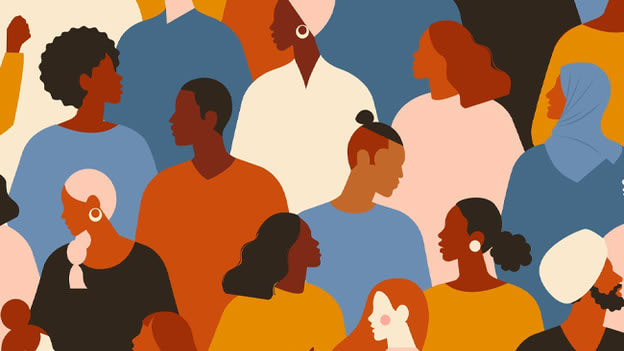Inclusive workplaces lead to increased employee satisfaction: Bain study

More than 70% of workers, regardless of race, gender or sexual orientation—including straight white men—do not feel fully included, according to a survey. When asked to describe what inclusion feels like, employees across all demographics say it equates to being treated with dignity as well as the ability to bring their authentic selves to work.
According to Bain & Company, many companies today pursue diversity by itself as a priceless asset, failing to recognise they cannot embrace the full value of diversity without fostering a truly inclusive work culture for everyone.
New research from the company shows inclusive workplaces have a greater ability to innovate and challenge the status quo as well as increased employee satisfaction and retention. Yet, organisations across industries prove to be struggling to effectively foster inclusivity.
“While many organisations have made public commitments to advance diversity and inclusion, generating real progress is deceptively difficult,” said Julie Coffman, Bain & Company’s Chief Diversity Officer.
The study suggests a few basic priorities organisations should act on. This includes signalling commitment, such as setting clear DEI ambitions and goals, and communicating them across the organisation; promoting growth, such as installing stronger rituals around professional development and coaching; and facilitating connection, such as developing programs to help underrepresented employee groups find one another and bond.
The consulting firm's new report, "The Fabric of Belonging: How to Weave an Inclusive Culture", surveyed 10,000 individuals across diverse industries and demographic backgrounds, in seven countries, at varying levels of seniority and organisational size.
An effective approach to increased inclusivity requires accounting for the many identities people have both at and away from work. Leaders need to use data and narratives to formulate answers that will inspire people. Equally important for them is to identify the behavioural and systemic changes needed, says the report.
Employee experiences are affected by their relationships not just with colleagues but with the company itself. Lastly, it’s important to focus on doing, not just explaining, to bring about sustainable change. People learn and retain their ability to change through real-life practice and coaching.















